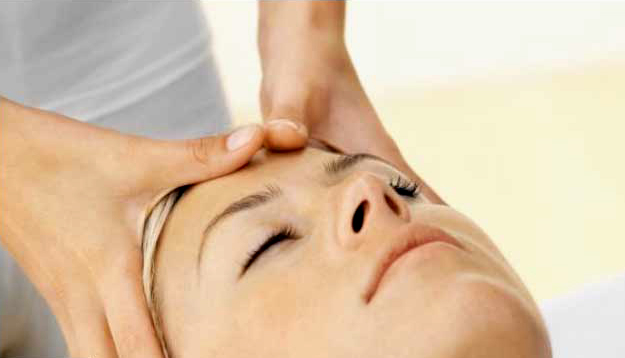By Dorrie Fontaine
At long last, the U.S. Supreme Court has issued its decision on Health Care Reform. And this, as they say, changes everything.
But not nursing.
These are heady days to be a nurse. With a two-year-old mandate from the Institute of Medicine calling for us to practice at the highest level of our profession, achieve independence from physician oversight as we diagnose, prescribe, and treat sick patients, and care for patients with increasingly complex cases, nurses are poised like never before to continue their march toward the center of health care delivery.
It’s high time. More and more of us are turning to nurse practitioners for our primary care. And it’s not just because they’re easier to get appointments with (they are), spend dramatically more time with patients (they do), have much of the same prescriptive powers as physicians (though not, as yet, in Virginia). It’s not even because they get excellent training as healthcare generalists or that advanced practice nurses, like NPs, are everywhere, with some 9,000 new ones graduating each year and joining the ranks of the nation’s roughly 140,000.
It’s because the care that advanced practice nurses give– at physician-led offices, minute clinics, rural health care centers, and bustling urban hospitals– is second to none.
As gatekeepers of health, advanced practice nurses (those with at least a master’s or doctoral degree) are the perfect answer to our 21st century health care woes. With a well-documented drop in the numbers of American family practitioners– fewer than one in five physicians-in-training opt to be family practitioners– nurses stand ready to fill in the gap.
First, there’s the cost differential, critical to any discussion about health care delivery. In a physician practice, research has shown that nurse practitioners decrease the cost per patient visit by as much as a third. NPs typically earn less than physicians– about half of physicians’ $198,000 average annual salary– and are less costly to educate, as well.
Second, there is a boom in interest in nursing, which, if cultivated properly, will ultimately translate into an increase in access. People want health care that’s convenient, not cumbersome. We don’t have time to wait four weeks for an appointment, linger 45 minutes in the lobby, thumbing through tattered magazines, hoping for an old, outdated system to heal us. In a 24/7 world, health care must strive to become more immediate and accessible, or– like people scrolling through a web page, stepping into a store or flipping through a catalog– we’ll lose the opportunity to treat them.
And losing patients means, quite practically, that we lose a very basic opportunity to keep people well. Unaddressed health problems escalate. They grow exponentially more expensive. It’s why a cavity can blossom into an abscess, and, ultimately, cause blood poisoning. Why unchecked diabetes may lead to amputation. Why unchecked high blood pressure spurs strokes. But it doesn’t have to be that way…
…Even absent the Supreme Court’s landmark decision, these are powerful changes that are moving at lightning speed. Nothing in health care is getting less complex. But this pivot toward nurses as gatekeepers of health and bastions of preventative care will have a powerful effect on the health and wellness of our population. If nurses are the link between people receiving care, or not, let all of them stand tall. I’m proud to stand right beside them.
Author Dorrie Fontaine is the dean of the UVA School of Nursing.
By Hook Contributor | [email protected]
Published online 10:14am Friday Jun 29th, 2012
and in print issue #1127 dated Thursday Jul 5th, 2012





